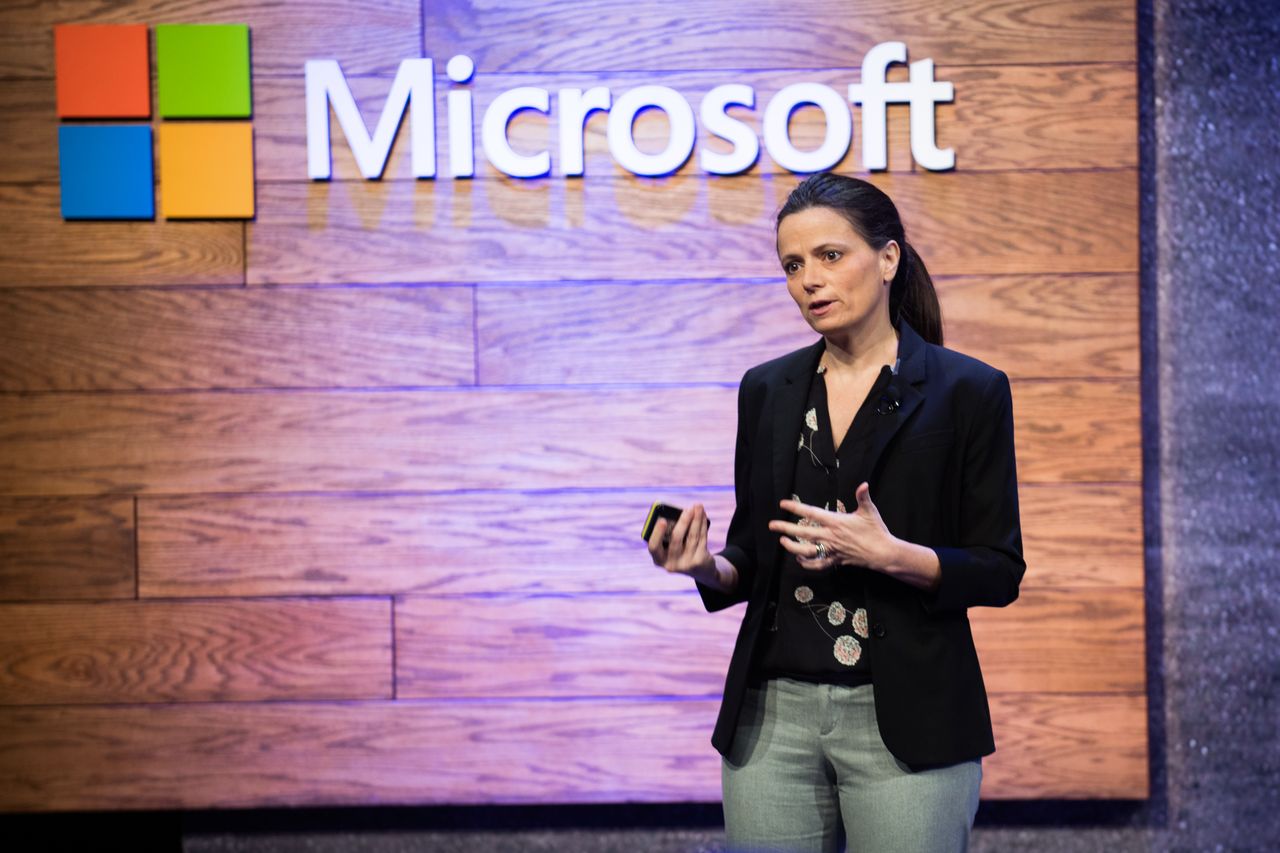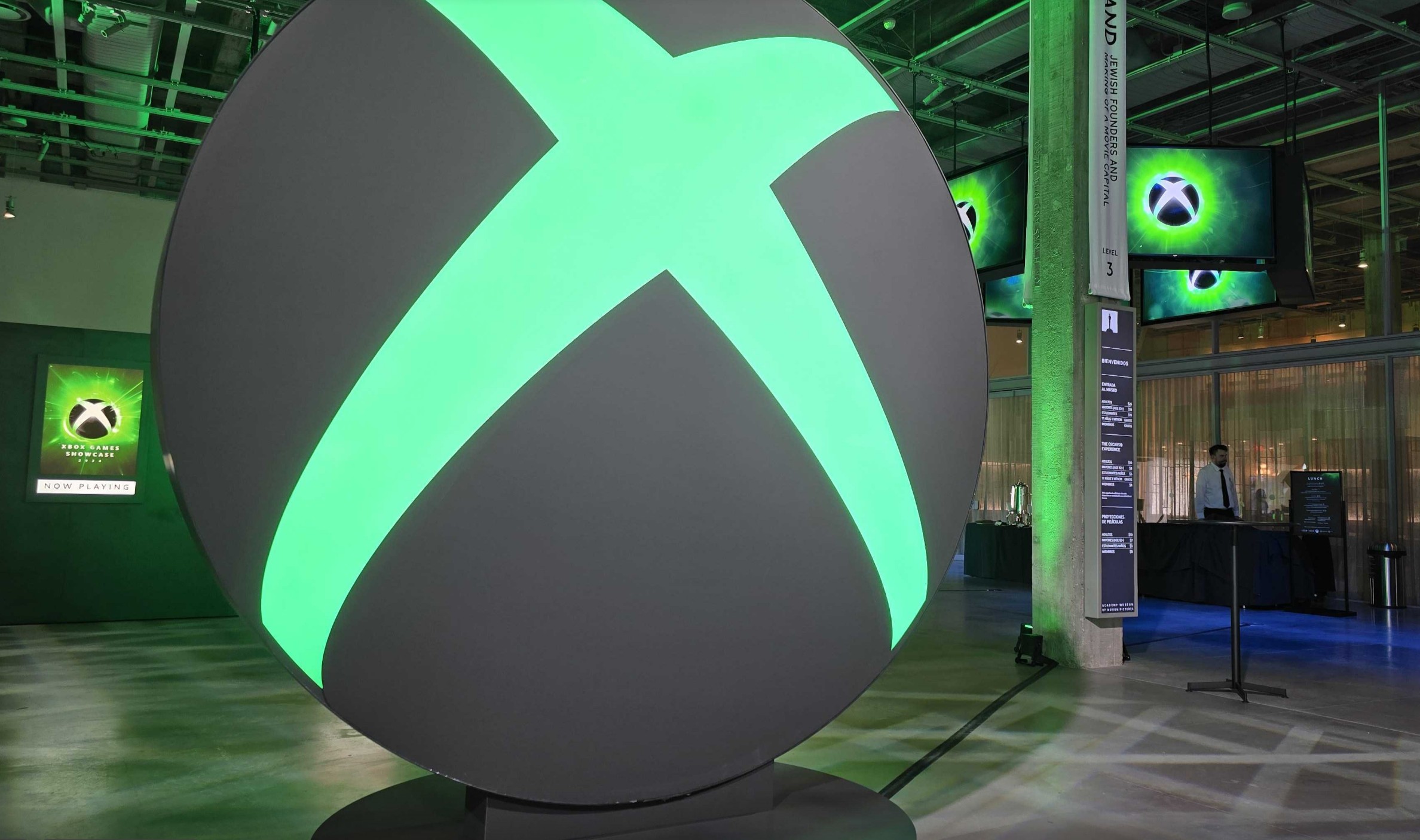
During a recent podcast, I mentioned a rumor that Microsoft was demanding Xbox achieve a 30% profit margin. I couldn’t find enough solid proof to confirm it, and I was really hoping the claim wasn’t true. It probably wasn’t, was it?
Apparently, it isn’t.
As a researcher following Microsoft, I’ve recently learned, through reporting by Bloomberg’s Dina Bass and Jason Schrier, that CFO Amy Hood is pushing Xbox to achieve a 30% “accountability margin.” From my understanding of the video game industry, and especially the hardware side of things, that’s a surprisingly high – and likely very challenging – target.
Microsoft’s gaming division has faced a turbulent few years, marked by difficult choices that ultimately proved damaging. They’ve closed game studios, significantly reduced marketing spending, and surprisingly released games on competitor platforms, which weakened their own position. Simultaneously, price increases and large-scale layoffs have frustrated customers and eroded much of the positive reputation Xbox once held.
Bloomberg reports these changes are happening as Microsoft’s CFO, Amy Hood, becomes more involved with the Xbox gaming division. The company is now requiring a 30% profit margin on games, which is significantly higher than the typical industry standard of around 20-25%.
For some time now, my sources have been pointing to Amy Hood as being responsible for the current problems at Xbox. They believe Microsoft is prioritizing quick profits and pleasing investors over building a sustainable future and listening to what players want.

The recent cancellation of highly anticipated games like Perfect Dark and Contraband stems from Xbox leaders Phil Spencer, Sarah Bond, and Tim Stuart trying to meet Microsoft’s expectations while still keeping the Xbox business stable. This pressure has significantly harmed Xbox, impacting employees, players, and even the developers who create games for the platform, leading to a growing negative perception of the Xbox brand.
This summer, Microsoft tried to increase the price of its games to $80, but faced strong criticism. Instead, they changed their Xbox Game Pass subscription plans, significantly raising the price—by 50%—for their most loyal subscribers with Xbox Game Pass Ultimate. Prices for the Xbox Series X|S consoles and even developer kits have also gone up.
Microsoft’s gaming business, now including Activision-Blizzard, is performing better than its Windows operating system. This success, combined with the current surge in artificial intelligence, has significantly boosted Microsoft’s stock price and resulted in CEO Satya Nadella receiving approximately $100 million in stock-based incentives – a bonus calculated independently of the gaming division’s performance.
Everyone’s debating whether the current excitement around AI will end in a crash, so you’d expect Microsoft to focus on keeping the rest of its business strong as a safety net. Surprisingly, it doesn’t seem to be doing that.
Focusing on quick profits and ignoring what customers want won’t achieve the hoped-for 30% increase in earnings, and it risks destroying Microsoft’s last remaining popular brand.
Read More
- How to Get the Bloodfeather Set in Enshrouded
- Gold Rate Forecast
- 4 TV Shows To Watch While You Wait for Wednesday Season 3
- Auto 9 Upgrade Guide RoboCop Unfinished Business Chips & Boards Guide
- 10 Movies That Were Secretly Sequels
- Best Werewolf Movies (October 2025)
- These Are the 10 Best Stephen King Movies of All Time
- 32 Kids Movies From The ’90s I Still Like Despite Being Kind Of Terrible
- One of the Best EA Games Ever Is Now Less Than $2 for a Limited Time
- USD JPY PREDICTION
2025-10-23 15:09